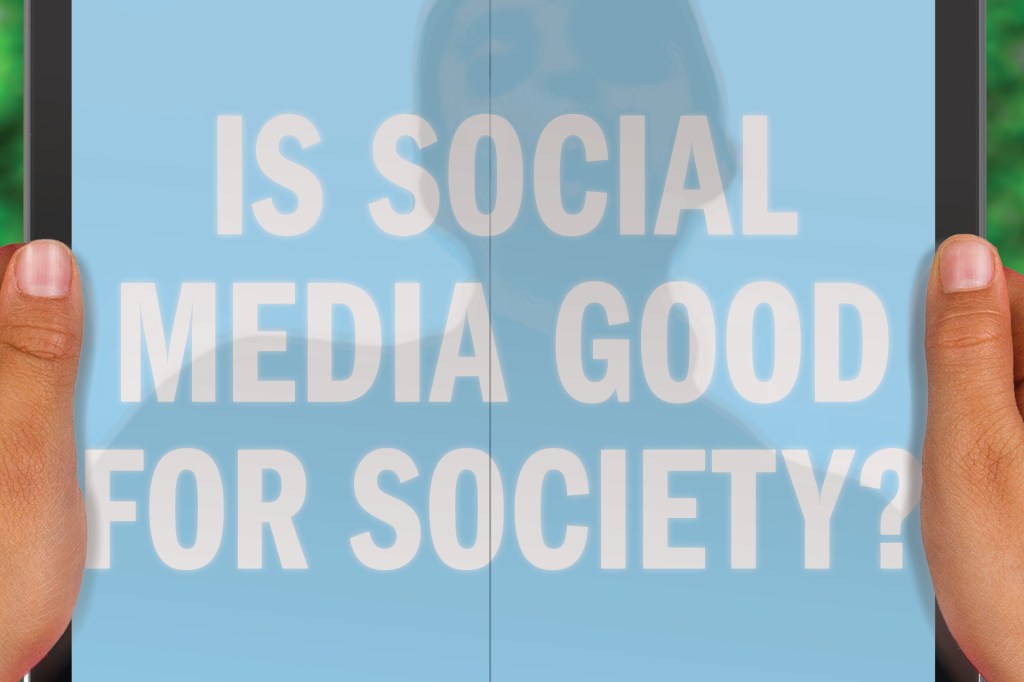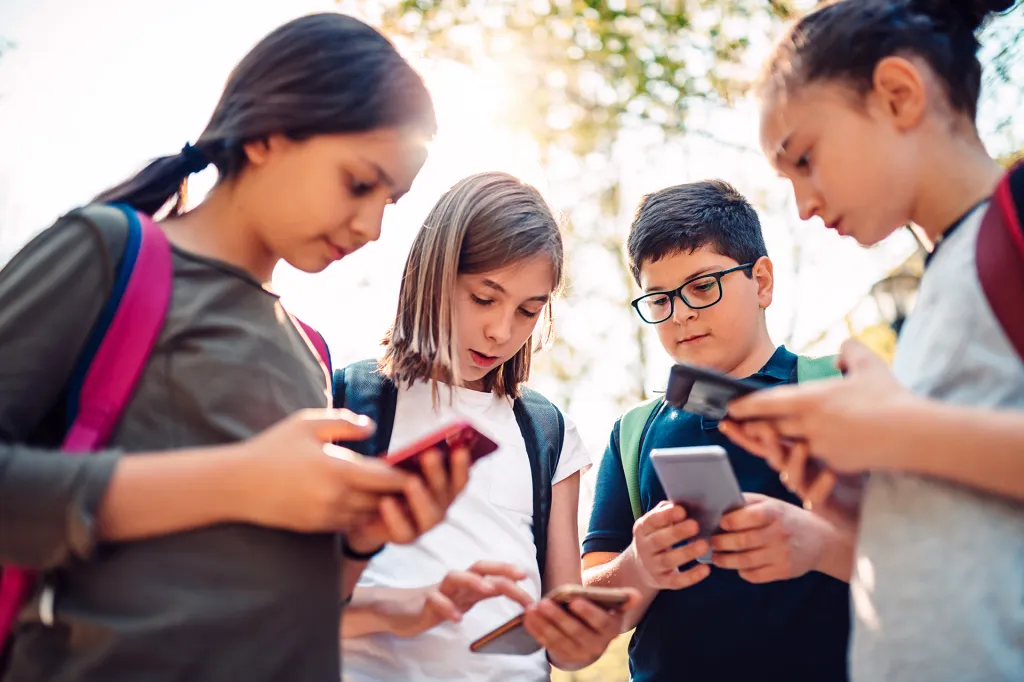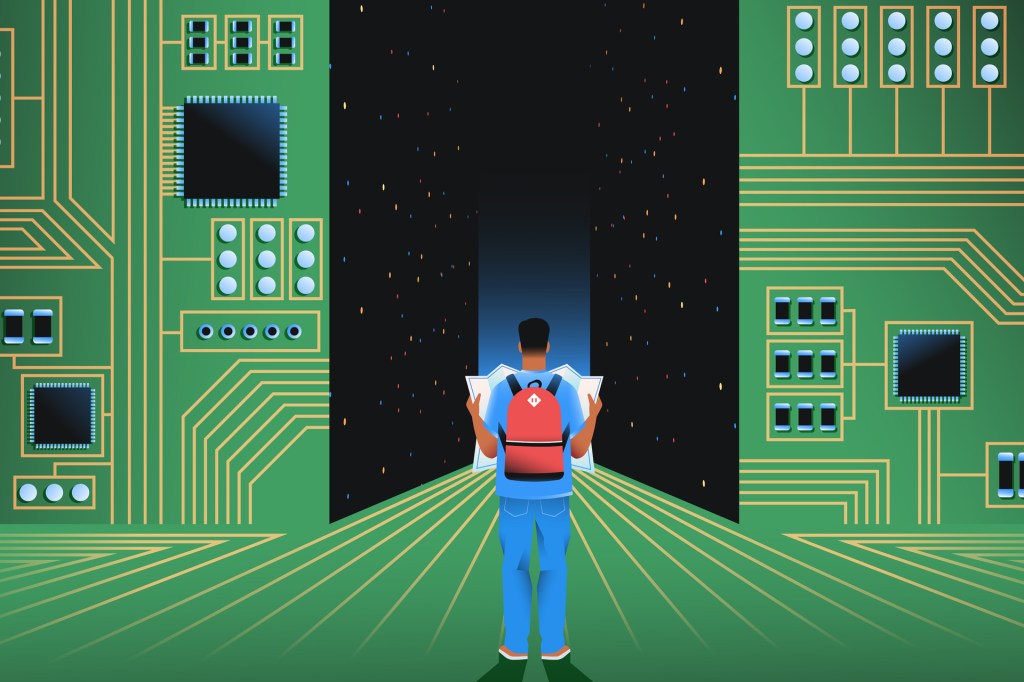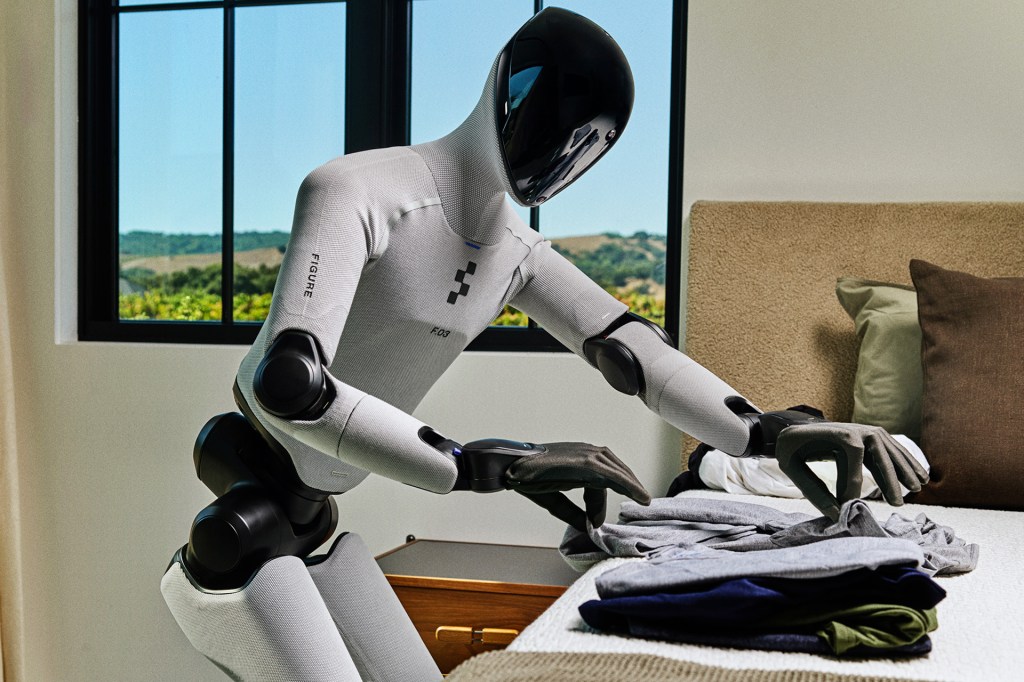Logging Off
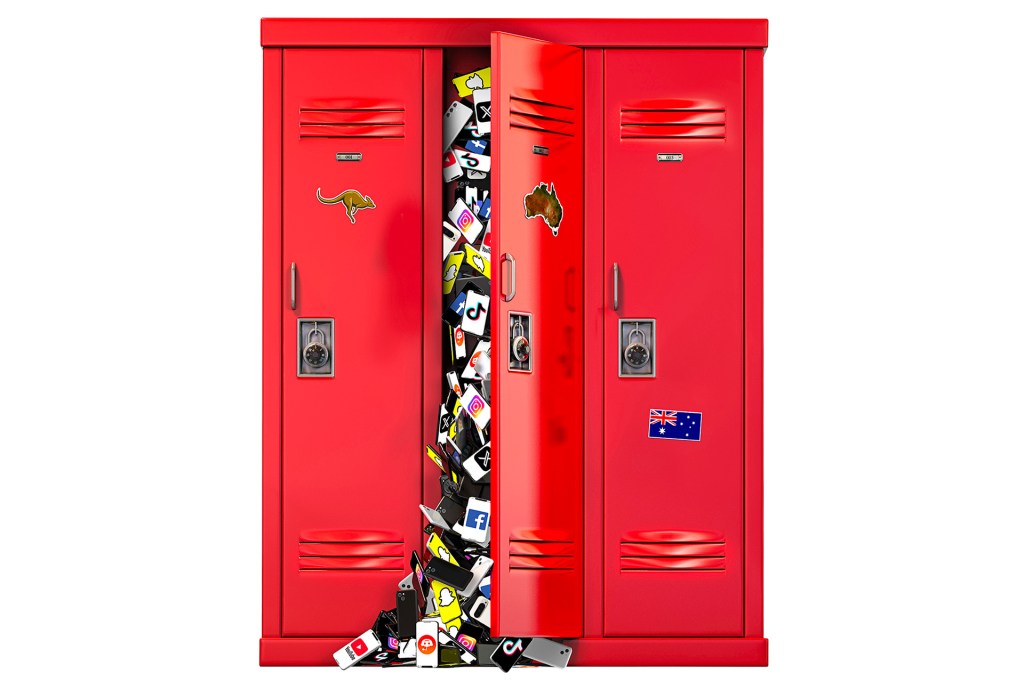
CANBERRA, Australia—The February 5 press conference starts like any other. Journalists grill Australian prime minister Anthony Albanese on a range of tricky topics, from housing to foreign relations. Then Lana, 11, picks up the microphone. “Do you think social media has an impact on kids?” she asks.
Of all the questions of the day, it’s the one Albanese has been waiting for. It’s at the heart of his government’s most talked-about policy—one that directly affects Lana. She and the other student reporters invited to the press conference listen closely.
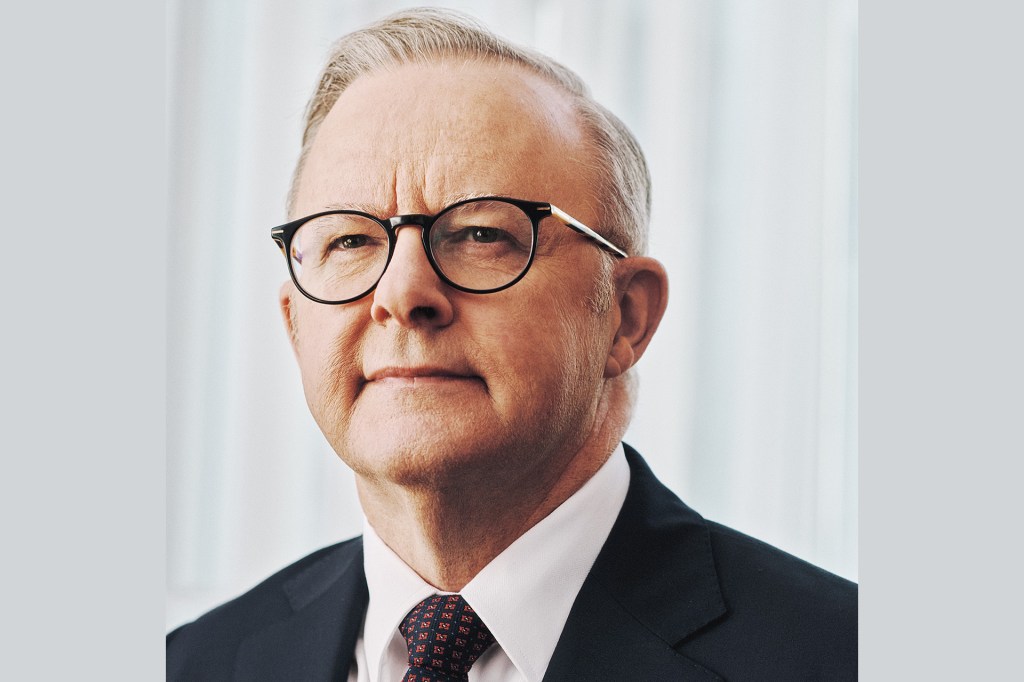
PRIME MINISTER Anthony Albanese is the prime minister of Australia. He took office in 2022.
CHRIS GURNEY FOR TIME
“It certainly does, and that’s why we’re going to ban social media for under-16s,” Albanese replies. “I want to see you all out playing with each other at lunchtime, talking to each other like we are now, and engaging with each other . . . rather than just being on your devices.”
Albanese believes that social media is a threat to his nation’s children. He’s determined to do something about it. That’s why, in December, Australia will implement a 16-year-old age limit for users of social-media platforms. The law is the first of its kind in the world.
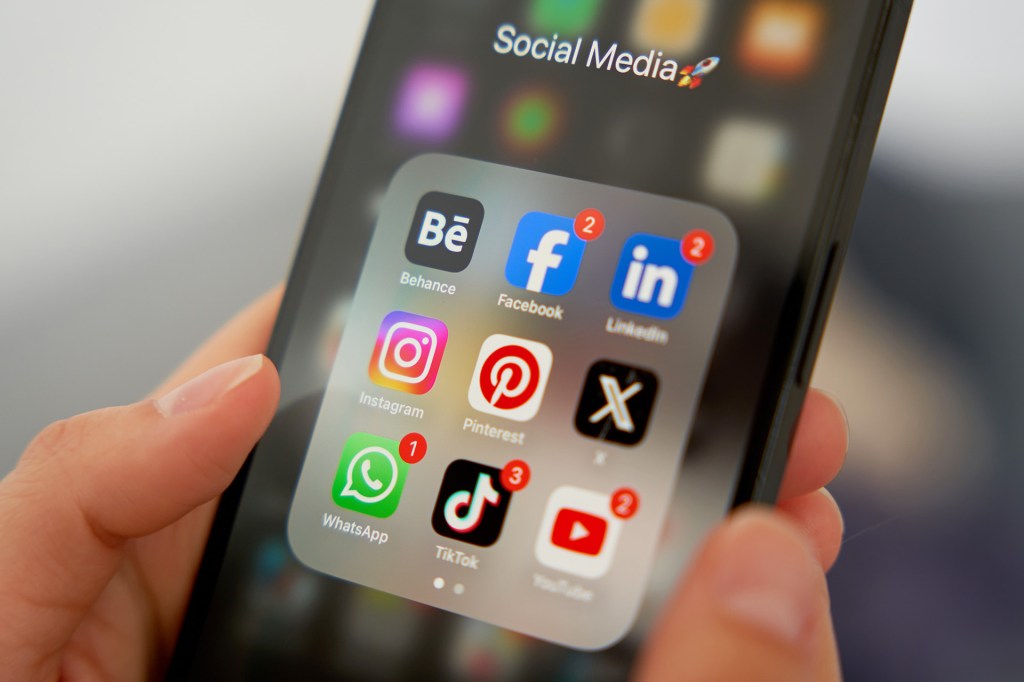
RESTRICTED Under a law set to take effect in December, Australians under 16 will be barred from most social media.
CANART7—GETTY IMAGES
What’s the Cost?
Most social-media platforms have an age restriction of 13. Australia’s new law will increase that number by three years. And it will punish tech companies that fail to enforce it. The fines could be as much as $49.5 million Australian. (That’s about $31 million U.S.)
Social media became widely used in 2010. Among young Americans, mental health issues such as depression and anxiety have risen about 150% since then (see sidebar, “Look Back: Kids Weigh In”). That trend is similar in other countries, including Australia. It’s “the number 1 issue that parents are talking about,” Albanese told TIME during an exclusive exclusive available to only one journalist or media source (adjective) interview in February.
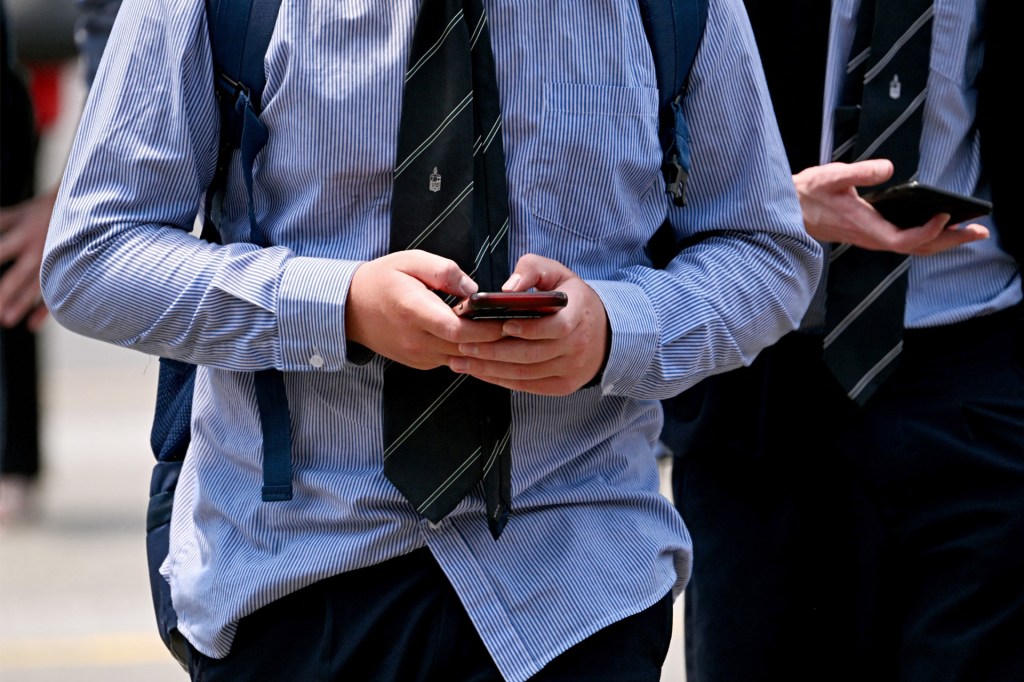
NO MORE About 80% of Australian preteens use social media, says a February report from Australia’s eSafety Commissioner.
WILLIAM WEST—AFP/GETTY IMAGES
There has been some opposition to the law. And not just from social-media companies. A group of 140 health experts wrote Albanese a letter. They expressed concern that the law won’t “address risks effectively.” Also, there’s debate over what should count as social media, as some gaming websites operate similarly.
For Albanese, an imperfect plan is better than no plan at all. “We acknowledge that this won’t be absolute absolute perfect (adjective) ,” he says. “But it does send a message about what society thinks.”
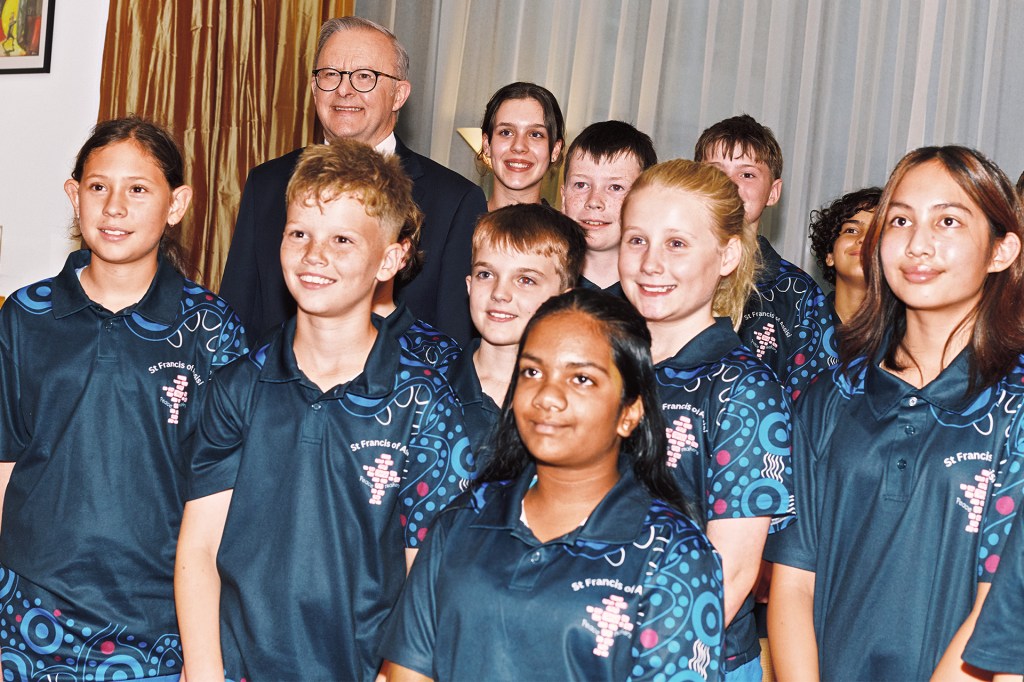
SCHOOL TRIP Students visit Albanese’s office in Canberra, Australia, on February 5.
CHRIS GURNEY FOR TIMEGlobal Potential
Australia’s law is setting an example for other countries. In November 2024, France’s education minister said that Europe should “urgently” follow Australia’s lead. Japan and Singapore are considering similar action.
In the U.S., the Kids Off Social Media Act is moving through the Senate. It bans social media for kids under 13 and limits its reach for those under 17. About half of U.S. states passed laws last year to make it harder for kids to be online without supervision. And in March, Utah became the first state to require that app stores get parental consent for minors to download apps.
Jonathan Haidt is a social psychology professor at New York University. If Australia’s law goes well, he says, “I think it will go global very quickly.”
Look Back: Kids Weigh In
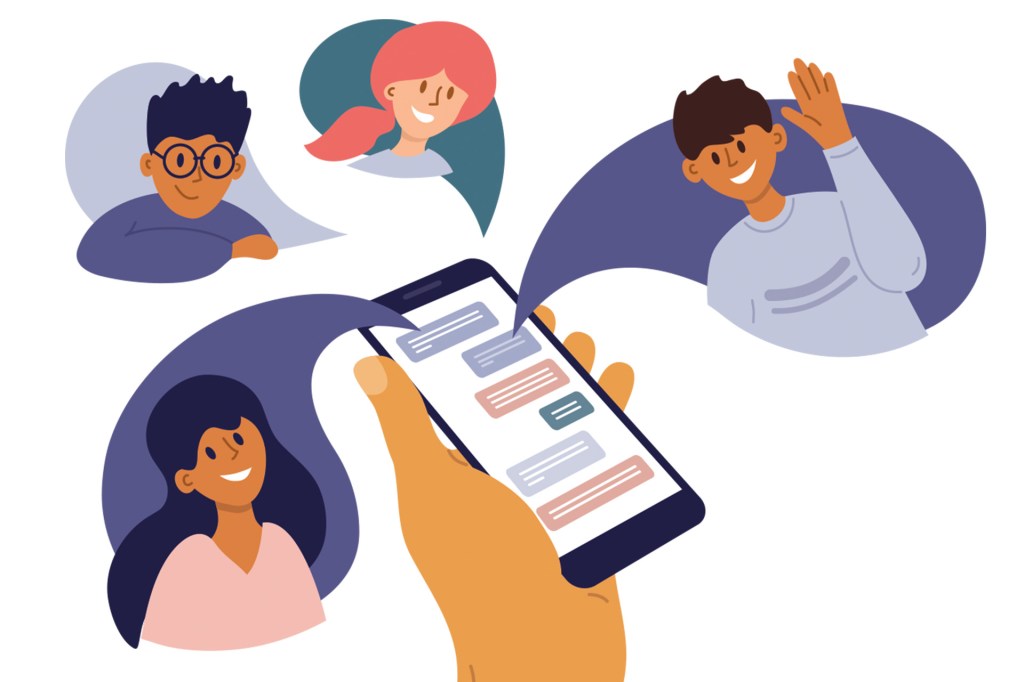
Students today have never lived in a world where social media didn’t exist. The apps are a way to connect with family and friends. But social media also attracts cyberbullies and trolls who seek to anger or insult people. This can take a toll on users’ mental health. Five years ago, we asked TIME for Kids readers if social media was good for society. Find their answers here. Do their arguments still ring true? What do you think?





